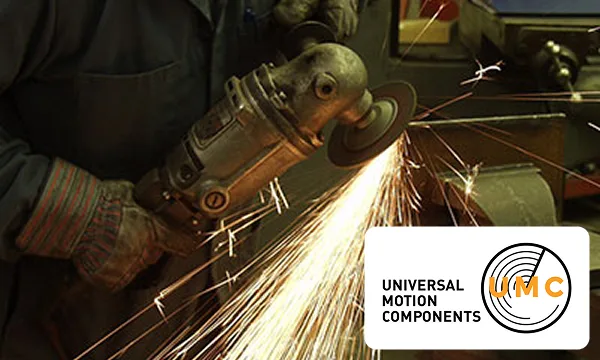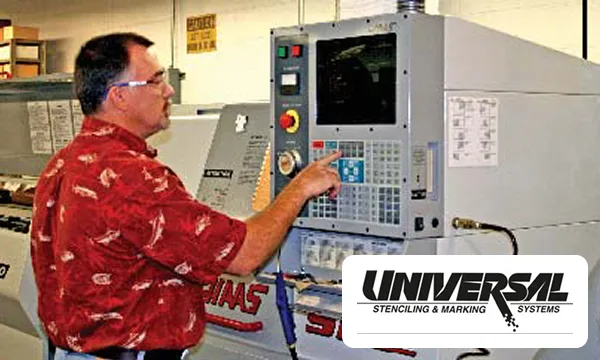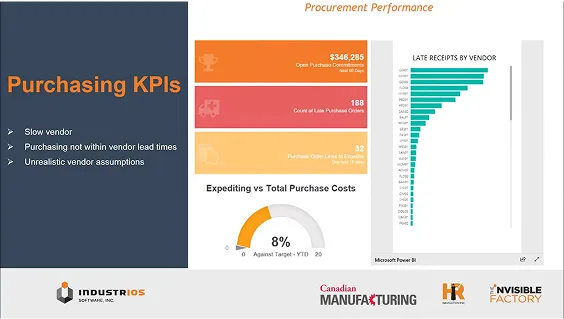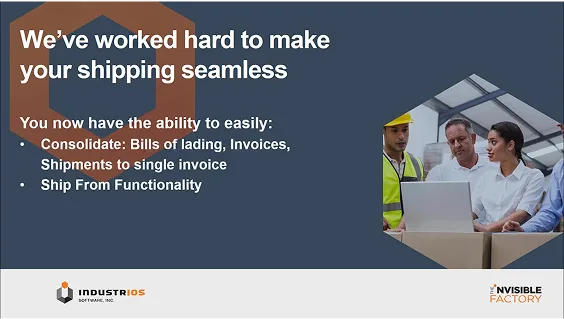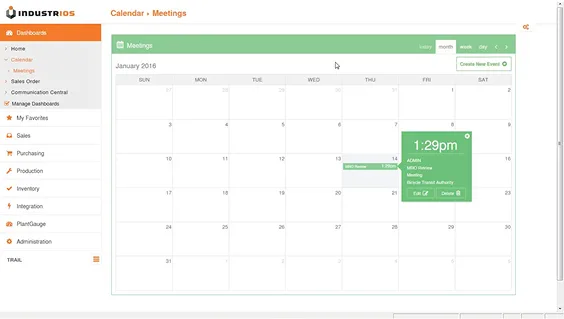The Basics of Traceability in Manufacturing: Why It Matters
The guide covers traceability in manufacturing, focusing on serial and lot tracking systems for quality control, compliance, and efficiency. Serial tracking uses unique product IDs, while lot tracking assigns batch identifiers to grouped products.

Tracking raw materials, components, and products across the production process is essential in modern manufacturing. This practice, known as traceability, enables manufacturers to ensure quality, meet regulatory standards, and respond quickly to recalls or defects. But how does traceability in manufacturing work, and why is it so critical to success in manufacturing today?
Understanding Traceability in Manufacturing
Traceability in manufacturing means keeping a detailed record of every step in a product’s journey, from raw material sourcing to delivery to the end customer. These records make it possible to:
- Pinpoint the origins of raw materials and components.
- Monitor production processes, including batch numbers.
- Track the distribution of products to suppliers or customers.
This ability to “follow the trail” of a product ensures accountability and enables manufacturers to maintain high quality and safety standards.
Why Traceability in Manufacturing is Essential
1. Addressing Quality Issues Efficiently
When a defect is detected, manufacturers need a quick way to identify and isolate affected products. A traceability system allows companies to pinpoint the issue’s source—raw materials, production equipment, or a specific batch.
For example, in the food industry, if contamination is found in a specific lot, a traceability system can identify where that lot originated, ensuring only the affected products are recalled, saving time and reducing costs.
2. Meeting Regulatory Standards
Industries like food, pharmaceuticals, and automotive manufacturing are heavily regulated. Traceability systems ensure compliance by documenting each stage of production and distribution, which can be critical during audits or inspections.
Take the pharmaceutical industry: the Food and Drug Administration (FDA) requires manufacturers to track ingredients and batch numbers. This ensures the safety of medications and provides a quick response mechanism in the event of a recall.
3. Enhancing Supply Chain Visibility
Traceability systems give manufacturers real-time insight into their supply chains, enabling them to improve inventory management, reduce waste, and avoid delays. With accurate data at their fingertips, businesses can identify bottlenecks and respond to disruptions more effectively.
For instance, a delay in raw material delivery can be traced back to its source, allowing the manufacturer to adjust schedules and minimize downtime.
4. Building Consumer Confidence
Today’s consumers value transparency. A manufacturer that can provide information about where and how a product was made gains trust and loyalty. For example, a clothing brand that tracks its textiles’ origins can prove its commitment to ethical sourcing, appealing to eco-conscious shoppers.
How Manufacturers Can Implement Traceability
To establish an effective traceability system, manufacturers need a thoughtful strategy that combines the right technologies, clear protocols, and system integration. The following key steps can help streamline the implementation process:
1. Selecting Appropriate Technology
The first step in implementing traceability is choosing the right technology to collect, store, and manage data across the production process. Several options can help manufacturers achieve accurate tracking:
- Barcode Scanning: One of the most common and cost-effective methods for tracking products and components throughout production. Manufacturers can quickly scan items through different stages using barcodes, ensuring data is captured in real time and without human error. Barcode technology is ideal for simple tracking where large quantities of items must be monitored.
- RFID (Radio Frequency Identification): RFID technology offers enhanced capabilities for more complex or high-volume environments. Unlike barcodes, RFID tags don’t require a direct line of sight to be scanned, which makes them ideal for tracking items on moving production lines or in environments with harsh conditions. RFID systems can also collect more detailed data and provide real-time insights into the status of products.
2. Creating Standardized Protocols
Consistency in labelling, documentation, and data recording is critical for an effective traceability system. Standardized protocols ensure that all products, components, and batches are tracked uniformly. This reduces the likelihood of errors and simplifies the process of audits or quality checks. Key practices to consider include:
- Unique Identification Numbers: Assigning unique serial or lot numbers to every product, batch, or material ensures that each item is traceable from start to finish. These identifiers should be standardized to allow easy information retrieval at any stage of the supply chain.
- Clear Documentation: Every interaction with the product, whether it’s a production step, a quality check, or a shipping update, should be documented and easily accessible. This ensures that manufacturers can trace a product’s history and verify its quality at any time. Documentation should be detailed and simple enough to avoid delays in data entry.
- Data Entry Protocols: Ensuring data is recorded consistently is vital for system accuracy. Employees involved in data entry must follow clear protocols to prevent mistakes or omissions that could affect traceability. This includes using pre-programmed forms or templates that guide the user through the necessary data fields.
3. Integrating Systems
Traceability is most effective when seamlessly integrated with other critical manufacturing systems. Integration with Enterprise Resource Planning (ERP) software allows manufacturers to create a holistic view of the entire production process. This integration provides several benefits:
- Streamlined Operations: By linking traceability data with ERP systems, manufacturers can view all data related to raw materials, production schedules, inventory, and shipping in one unified platform. This reduces the need for manual data entry across multiple systems and ensures consistency across all departments.
- Real-Time Data Access: Integration allows for real-time access to information, which is essential for identifying and resolving issues quickly. If a product defect is discovered, integrated systems can immediately flag the affected batches, components, or raw materials, minimizing downtime and preventing further issues down the line.
- Simplified Audits and Compliance: Many industries require detailed reports for regulatory compliance. By connecting traceability data to the ERP system, manufacturers can easily generate the necessary reports for audits and inspections. This helps ensure compliance with industry regulations, such as FDA or ISO standards, and can significantly reduce the time and effort required to maintain records.
- Data Analysis and Continuous Improvement: Integrated systems can also provide valuable insights into the production process. By analyzing traceability data alongside operational data in the ERP system, manufacturers can identify trends, spot inefficiencies, and continuously improve their processes. This data-driven approach helps optimize inventory management, reduce waste, and ensure that quality standards are consistently met.
These steps—selecting the right technology, creating standardized protocols, and integrating systems—are crucial for manufacturers seeking to implement a comprehensive and efficient traceability system. With the right tools and processes in place, manufacturers can ensure better product quality, streamline operations, and improve their ability to respond to issues swiftly and effectively.
Why Traceability in Manufacturing is a Must-Have
Traceability in manufacturing doesn’t just protect manufacturers from risks like recalls or regulatory fines—it also enhances efficiency, supports sustainability goals, and strengthens customer relationships. For companies striving to stay competitive, a robust traceability system is an investment in long-term success.







